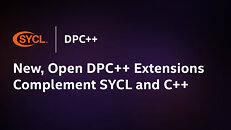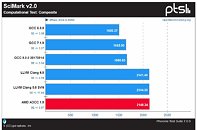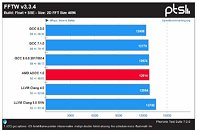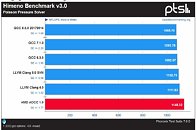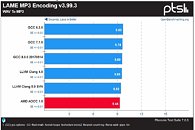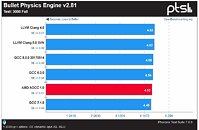
NVIDIA's Project G-Assist Plug-In Builder Explained: Anyone Can Customize AI on GeForce RTX AI PCs
AI is rapidly reshaping what's possible on a PC—whether for real-time image generation or voice-controlled workflows. As AI capabilities grow, so does their complexity. Tapping into the power of AI can entail navigating a maze of system settings, software and hardware configurations. Enabling users to explore how on-device AI can simplify and enhance the PC experience, Project G-Assist—an AI assistant that helps tune, control and optimize GeForce RTX systems—is now available as an experimental feature in the NVIDIA app. Developers can try out AI-powered voice and text commands for tasks like monitoring performance, adjusting settings and interacting with supporting peripherals. Users can even summon other AIs powered by GeForce RTX AI PCs.
And it doesn't stop there. For those looking to expand Project G-Assist capabilities in creative ways, the AI supports custom plug-ins. With the new ChatGPT-based G-Assist Plug-In Builder, developers and enthusiasts can create and customize G-Assist's functionality, adding new commands, connecting external tools and building AI workflows tailored to specific needs. With the plug-in builder, users can generate properly formatted code with AI, then integrate the code into G-Assist—enabling quick, AI-assisted functionality that responds to text and voice commands.
And it doesn't stop there. For those looking to expand Project G-Assist capabilities in creative ways, the AI supports custom plug-ins. With the new ChatGPT-based G-Assist Plug-In Builder, developers and enthusiasts can create and customize G-Assist's functionality, adding new commands, connecting external tools and building AI workflows tailored to specific needs. With the plug-in builder, users can generate properly formatted code with AI, then integrate the code into G-Assist—enabling quick, AI-assisted functionality that responds to text and voice commands.














